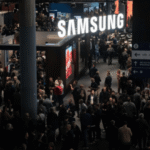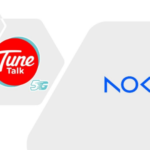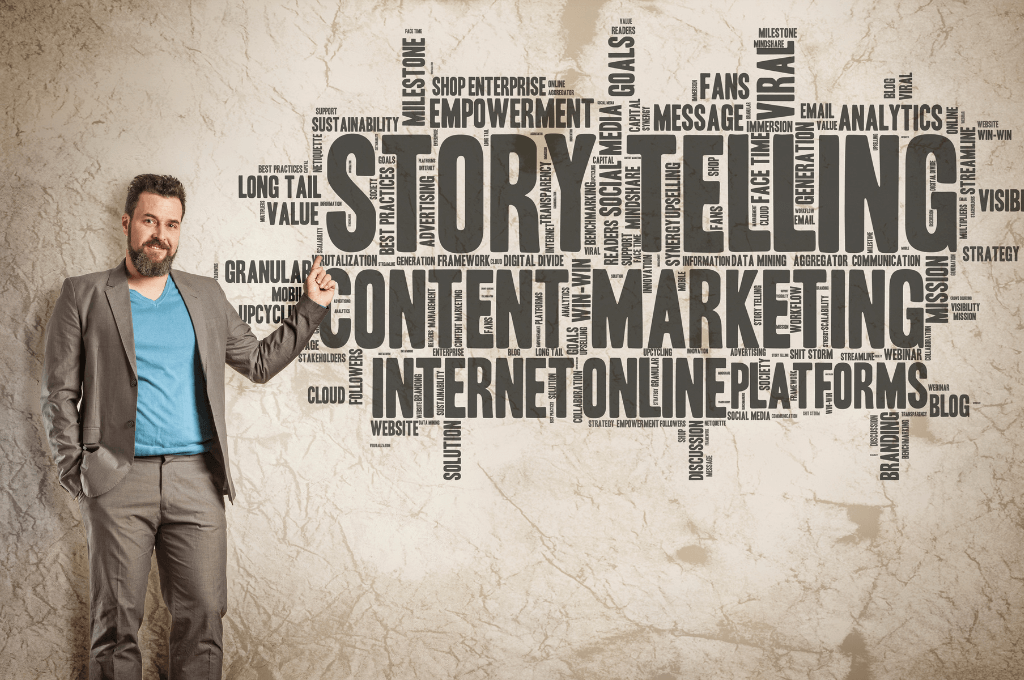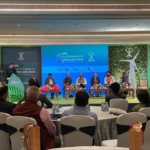Human evolution has been profoundly shaped by the power of storytelling, with its capacity to unite individuals under common ideologies or goals, such as religion or politics. This power has been harnessed effectively in marketing, think back to ‘Hari Sadu’ or the ‘Men will be Men’ campaigns. Nonetheless, the pandemic, changing consumer habits, the unpredictable Gen Z demographic, and incessant discussions about the metaverse are altering the terrain of compelling storytelling. Here, we examine how storytelling is adapting to the changing landscape of B2C marketing.
Sensory Storytelling Takes Centre Stage
The most significant evolution in storytelling, bolstered by advanced technology, is the advent of sensory simulations. The first global sensation in this realm was the Korean mukbang trend over the last decade, where viewers vicariously experience food consumption, emphasizing the sensory aspects of eating. A related development, Autonomous Sensory Meridian Response (ASMR), is increasingly shaping brand narratives.
Also Read: India’s Top 5 Power Women Shaping the Beauty Industry
LEGO’s ‘LEGO White Noise’, a music album created using 10,000 bricks, and Marriott’s ASMR bedtime stories at its Moxy hotels, exemplify how brands are embracing this sensory revolution.
Interactive Storytelling in the Age of the Metaverse
With the emergence of the metaverse, increased 5G internet penetration, and growing social media usage, consumer-brand interactions are becoming increasingly dynamic. Consequently, storytelling is shifting towards a more interactive paradigm. Movies like ‘Black Mirror: Bandersnatch’ and ‘The Angry River’ have already capitalized on this trend, allowing viewers to influence the narrative course.
The gaming sector, with innovations like Rival Peak, has pioneered this interactive storytelling approach.
Entrepreneur-led Storytelling: A Double-edged Sword
Today’s entrepreneurs are viewed as powerful sales vehicles for their ventures, with Elon Musk and his enormous Twitter following being a prime example. However, the potential backlash against political or controversial viewpoints, as seen with Elon Musk and Indian founders like Bombay Shaving Company, demonstrates that this approach requires careful navigation.
The Rise and Evolution of Influencer-led Storytelling
Driven by a growing disillusionment with celebrity advertising, influencer-led storytelling has surged over the past five years. Yet, the future of this trend may lie with virtual influencers, providing greater control over narratives and mitigating the risks associated with human influencers.
Navigating the Tightrope of Purpose-led Storytelling
In recent years, a company’s ‘purpose’ has emerged as the ultimate narrative tool. While brands like Dove have successfully embodied this approach, it can be a double-edged sword. Brands may face severe backlash for perceived ‘greenwashing’ or for well-intentioned actions that court controversy, like H&M’s experience in China.
In conclusion, storytelling remains a crucial tool in marketing, vital for fostering loyalty and brand resonance. However, its medium is evolving, and marketers must adapt to this shifting reality.

















